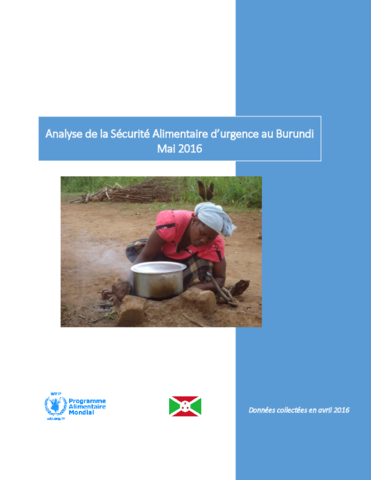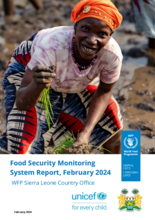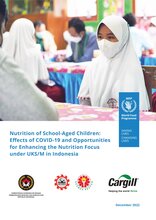
Since April 2015, Burundi has been hit by a social and political crisis affecting security, livelihoods, food security and nutrition of a large proportion of the population both in urban and rural contexts. The current instability had resulted into the displacement of more than 260,000 Burundians1 seeking asylum in the neighboring countries and around 25.300 IDPs only in the three most affected provinces (Makamba, Rutana and Kirundo)2. The instability has triggered the deterioration of livelihoods due to the sale of productive assets, standing crops, drastic reduction in economic activities and job opportunities and the increasing adoption of coping mechanisms by rural and urban people over the last 6 months.
The macro-economic downturn of socio-political instability, in some areas associated to production losses due to El Nino, continue to affect economic and physical access of people to food. In particular, in March 2016 the mean annual inflation rate of food and beverages items was +8.3% compared to 2015 against +4.7% of non-food items. Moreover, the devaluation of the local currency against the US$ by 30% between June and December 2015 further limited the already fragile purchasing power of households in a context of increasing dependency on markets due to progressively lower own production due to structural constraints like poor fertility of soils, access to land and agro-inputs.
| Document | File |
|---|---|
| Full Report [French] |
PDF | 5.18 MB
Download
|


